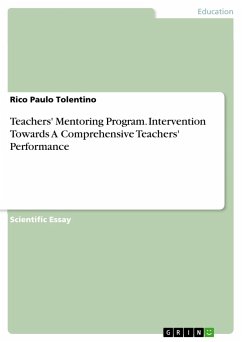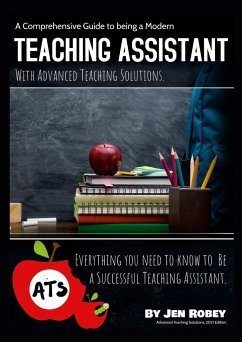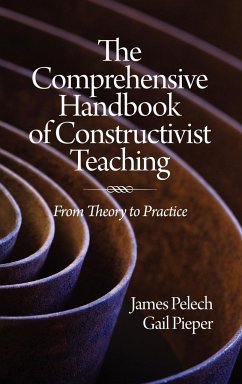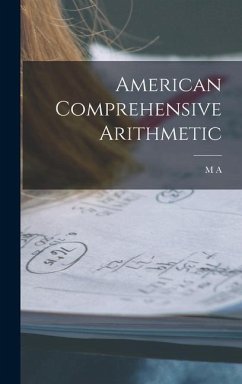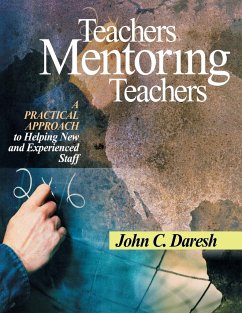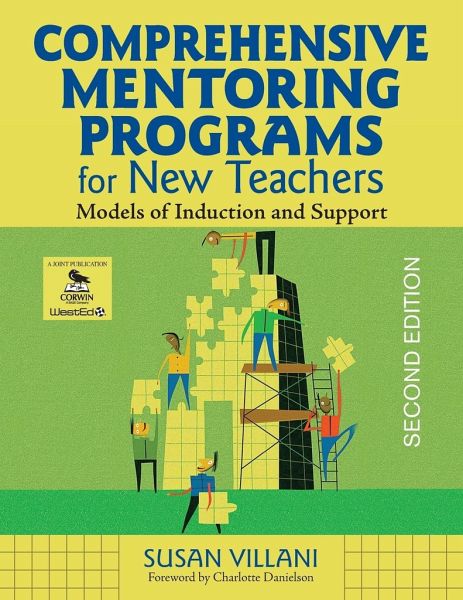
Susan Villani
Broschiertes Buch
Comprehensive Mentoring Programs for New Teachers
Versandkostenfrei!
Versandfertig in 1-2 Wochen

PAYBACK Punkte
19 °P sammeln!




This updated edition presents 18 successful real-world programs, 5 factors for developing a comprehensive mentoring initiative, and new material for mentoring special education, math, and science teachers.
Susan Villani has been training teachers and administrators to become more effective instructors and leaders for over 30 years. A member of WestEd's Learning Innovations, Villani specializes in consulting and professional development in the area of mentoring and induction programs for new teachers and principals, and collaborative coaching training for math and literacy coaches, as well as mentors. Villani has worked with thousands of new and experienced teachers and administrators who have reported improvement in their practice and heightened job satisfaction, resulting in improved academic performance of tens of thousands of students. Villani chaired the Teacher Quality Initiative of the New York Comprehensive Center. Also, as coordinator for Project ACROSS (Alternative Certification Route with On-going Support Systems), Villani has worked with over 100 New Hampshire teachers seeking alternative certification and with their mentors. She also worked with district educators through two technology support teacher centers that enhance teacher effectiveness for New Hampshire teachers. Villani consulted with and provided professional development for Maine educators to design and implement a statewide new-teacher mentoring program linked to the new Maine Teaching Standards. In collaboration with the New York State Association of Supervision and Curriculum Development, she helped districts and other service providers meet the new state law requiring mentoring programs for new teachers. Such work helps increase teacher retention and quality. Villani also works with school principals and district administrators throughout the East Coast to help them enrich their practice and heighten their effectiveness with faculty and staff. Embedded in all of Villani's work is a commitment to help all educators be culturally proficient, thereby being sensitive to and addressing the needs of all students and their families, as well as school and consulting staff. Villani is the author of Are You Sure You're the Principal? Guiding New and Aspiring Leaders, and Mentoring and Induction Programs That Support New Principals. In 2007, Villani coauthored, with Kathy Dunne, Mentoring New Teachers Through Collaborative Coaching: Linking Teacher and Student Learning and the accompanying facilitation and training guide. Villani frequently presents at national and regional conferences. Prior to joining WestEd in 2000, Villani was a school principal for 21 years and served as an adjunct faculty member at Lesley University for more than 10 years. She received a BA in business administration from Harpur College of Arts and Sciences, S.U.N.Y. at Binghamton, an MEd in elementary education from Tufts University, and an EdD in educational administration from Northeastern University.
Produktdetails
- Verlag: Corwin
- 2. Auflage
- Seitenzahl: 242
- Erscheinungstermin: 17. Juni 2009
- Englisch
- Abmessung: 280mm x 216mm x 13mm
- Gewicht: 620g
- ISBN-13: 9781412966139
- ISBN-10: 1412966132
- Artikelnr.: 26206681
Herstellerkennzeichnung
Libri GmbH
Europaallee 1
36244 Bad Hersfeld
gpsr@libri.de
Für dieses Produkt wurde noch keine Bewertung abgegeben. Wir würden uns sehr freuen, wenn du die erste Bewertung schreibst!
Eine Bewertung schreiben
Eine Bewertung schreiben
Andere Kunden interessierten sich für




